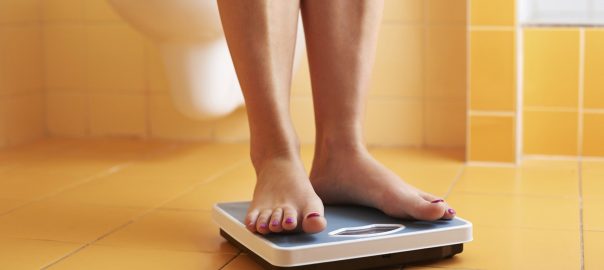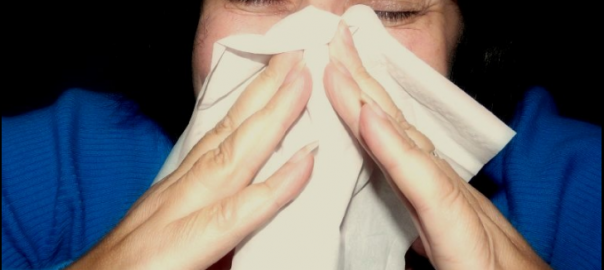A new book is out that accuses Weight Watchers of targeting and tricking women. (This blog post is not meant to be a dismissal of Weight Watchers alone. It's more of an observation of the industry as a whole.) In the article the author of the book shares a couple of sobering thoughts:
“I would boldly stand by the claim that health food, today's health food is worse for you than junk food. It's usually the same thing; the difference is that no one eats Fritos or Papa John's thinking it's good for them.”
“The whole game is about distracting people. It's kind of like a magic trick. If we're pointing out to you, “Hey, look over here because it's low fat!” it's because we're distracting you from the fact that it's high sugar.”
The article essentially boils down to a couple of truths.
- Crutch foods don't teach you how to eat real food – if you're being taught how to lose weight because you're buying snacks, meals, and foods from a particular company and you can only buy their products, chances are once you go off that you will gain weight again. This is because you get stuck in their system, you're not learning how to nourish your body independent of their products.
- You MUST read and understand the label – the article actually encourages people to avoid reading the label. I believe that's the wrong approach. Yes, you can be easily mis-lead and manufacturers do manipulate in a number of different ways. However I believe that if you understand the label and know what you're looking at, this is your best option to be able to make informed, intelligent decisions about your food.
I know a lot of people who have successfully lost weight with Weight Watchers. Unfortunately I also know a lot of people who have lifetime memberships. If you've lost weight that's wonderful and I'm happy for you. Really I am. But if you're yoyo-ing and you think it's your fault I want to tell you you're really not to blame. The truth is even though you lost weight on the program, you still haven't learned how to eat real food.
Another truth? Not everyone who eats real food is super skinny. Thin does NOT equal healthy. In some cases thin is unhealthy. That's counter to what the beauty industry, all those glamor magazines, and the weight loss industry would have you believe. But I promise you there are people out there who are thin and unhealthy. What's more important is to be nourished. To learn to avoid crappy ingredients, to be healthy in body and mind, and to eat real food.



